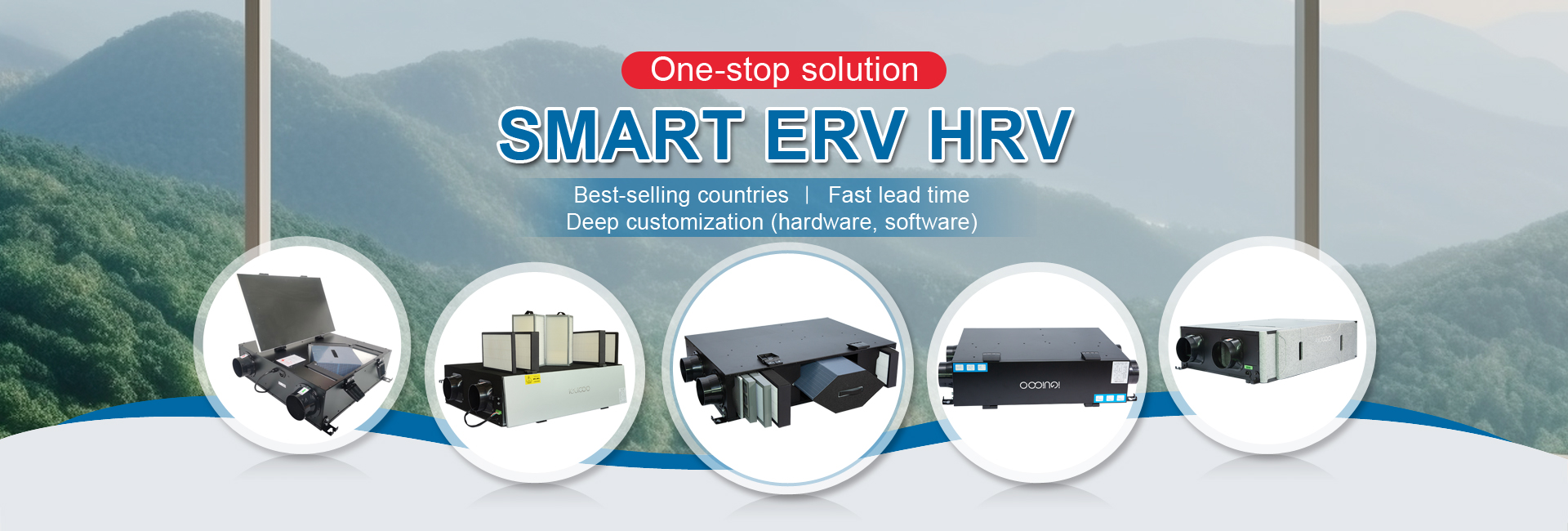As the summer heat rolls in, many homeowners start questioning whether they should turn off their Energy Recovery Ventilator (ERV). After all, with windows open and air conditioning running, does the ERV still have a role to play? The answer might surprise you. Understanding how an ERV, also known as a recuperator ventilation system, works can help you make an informed decision about its operation during the warmer months.
An ERV is a type of fresh air ventilation system designed to improve indoor air quality while conserving energy. It works by exchanging stale indoor air with fresh outdoor air, transferring heat and moisture between the two streams. In the winter, this means retaining warmth and humidity inside your home. But what about summer? Should you turn off your recuperator ventilation system when the temperatures rise?
The short answer is no. Turning off your ERV in the summer could actually lead to discomfort and poor indoor air quality. While it might seem counterintuitive, a fresh air ventilation system like an ERV can still be beneficial during hot weather. Here’s why:
- Balanced Humidity Levels: In summer, outdoor air can be humid, and your air conditioner works hard to remove moisture. An ERV helps by reducing the amount of humidity brought into your home, easing the load on your AC and improving comfort.
- Improved Air Quality: Even in summer, indoor air can become stale and polluted. A recuperator ventilation system ensures a continuous supply of fresh air, reducing allergens, odors, and pollutants.
- Energy Efficiency: Modern ERVs are designed to minimize energy loss. By pre-cooling incoming air with the outgoing air, your fresh air ventilation system can help maintain a comfortable indoor temperature without overworking your AC.
- Consistent Ventilation: Turning off your ERV might lead to inadequate ventilation, causing stuffiness and a buildup of indoor pollutants. A recuperator ventilation system ensures consistent airflow, which is crucial for a healthy living environment.
- Smart Operation: Many ERVs come with summer bypass modes or controls that adjust their operation based on outdoor conditions. This allows your fresh air ventilation system to optimize performance without wasting energy.
In conclusion, turning off your ERV in the summer is not recommended. Instead, let your recuperator ventilation system do its job of maintaining a balance between fresh air, humidity control, and energy efficiency. By keeping your fresh air ventilation system running, you’ll enjoy a healthier, more comfortable home all season long. So, before you flip that switch, consider the long-term benefits of leaving your ERV on—it might just be the best decision for your summer comfort.
Post time: Mar-19-2025







